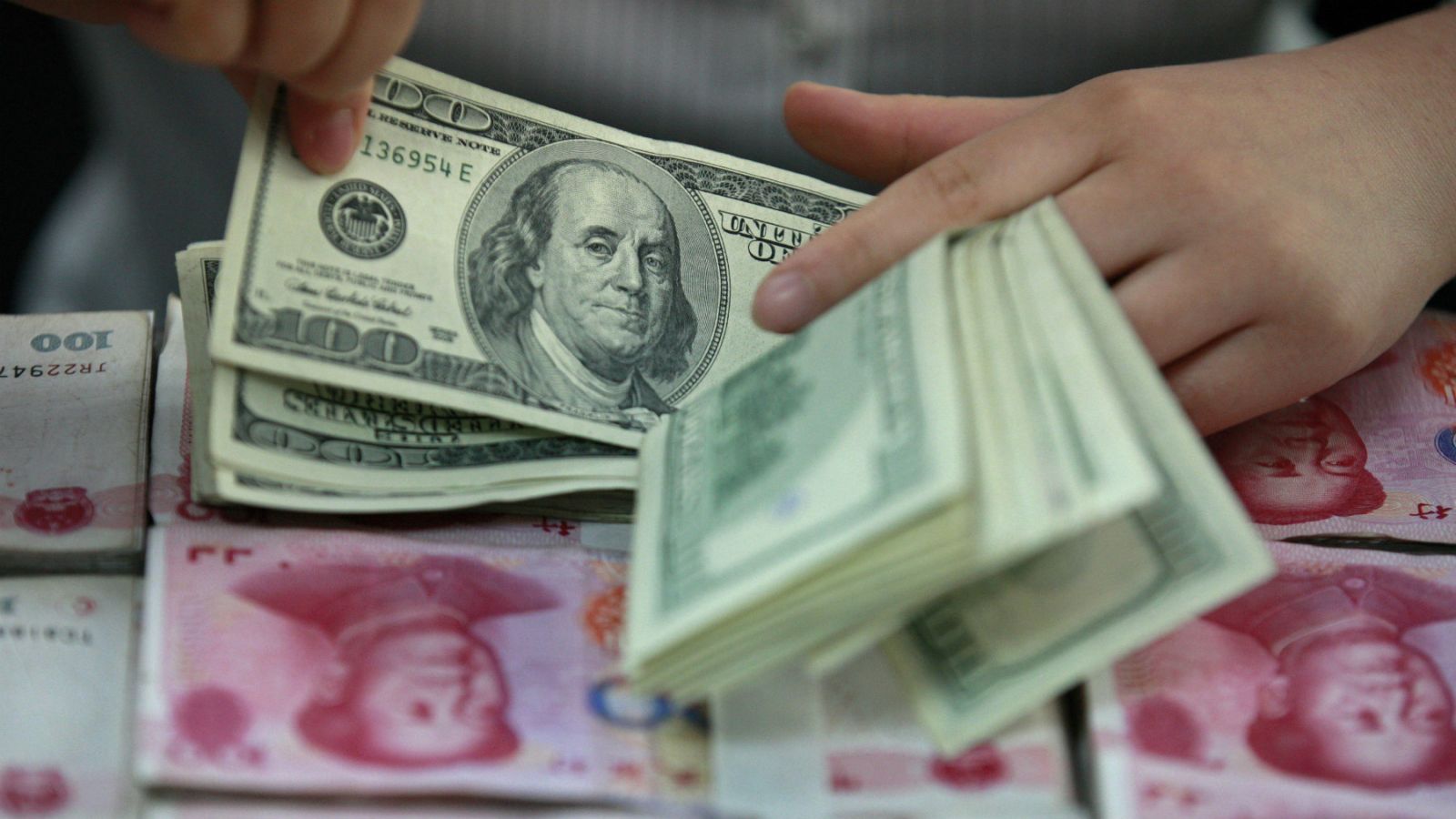- Forex: CBN, Banks to Verify Tax Clearance Certificates, Flight Tickets
As part of measures to implement the new foreign exchange measures to address the depreciation of the naira in the parallel market, the Central Bank of Nigeria, CBN, and commercial banks will collaborate with state governments to verify tax clearance certificates.
Meanwhile, economic experts have expressed doubts about the effectiveness of the measures, saying they were inadequate to address the depreciation of the naira in the parallel market.
The CBN,Friday, during a meeting of chief executive of banks, said it would provide dollars to banks to meet demand for Personal Travel Allowance, PTA, and payment of university school fees at N375 per dollar. These will, however, be subject to provision of Bank Verification Number, BVN, and tax clearance certificate.
For payment of school fees, the dollar will be paid directly into the account of the school subject to maximum of $15,000 per session, and minimum age of 18 years. For PTA, the travel destination must not be less than five hours from Nigeria.
The decision followed discussions on how to address the widening gap between the parallel market and interbank market exchange rates, which widened to N210.5 on Friday due to further depreciation of the naira in the parallel market to N516 per dollar.
A source at the meeting said the tax clearance certificate was introduced to ensure that only people with genuine needs for foreign exchange can access the dollars made available for these purposes.
The source said the CBN and the banks also decided to work with state governments to set up tax clearance verification platform, that banks will use to verify the authenticity of tax clearance certificates submitted by end users for dollar purchase.
The source also said this would also be extended to flight tickets. He said though some banks already have flight ticket verification platforms, this will be extended to the whole industry. He said this was to deter the use of fake tax clearance certificates and flight tickets to access dollars for PTA and university school fees.
Experts express doubts
Economic experts are, however, doubtful about the effectiveness of these measures.
Managing Director/Chief Executive, Financial Derivatives Company Limited, Mr. Bismarck Rewane said: “The intention is good but the methodology will lead to more market segmentation, multiple exchange rates and inefficient resource allocation.
“What I will recommend is that the CBN should put in the market whatever dollar it wants to sell without discrimination, and this will lead to efficient allocation of resources and increase in market confidence.”
On his part, Managing Director/Chief Executive, Cowry Asset Management Limited, Mr. Johnson Chukwu, said payment of tax and purchase of foreign exchange were two separate things that should not be combined.
He said every Nigerian is entitled to foreign exchange for PTA and payment of school fees, and hence there should be no discrimination on the basis of tax payment.
In the same way, Mr. Kunle Ezun, a research analyst with Ecobank, said the measures will not have positive impact on the market.
He said what the CBN had just done was to create more problem in the market, by increasing the list of items excluded from the official forex market.

 Billionaire Watch3 weeks ago
Billionaire Watch3 weeks ago
 Startups4 weeks ago
Startups4 weeks ago
 News4 weeks ago
News4 weeks ago
 News4 weeks ago
News4 weeks ago
 Bitcoin4 weeks ago
Bitcoin4 weeks ago
 Naira4 weeks ago
Naira4 weeks ago
 Forex3 weeks ago
Forex3 weeks ago
 Treasury Bills4 weeks ago
Treasury Bills4 weeks ago
























